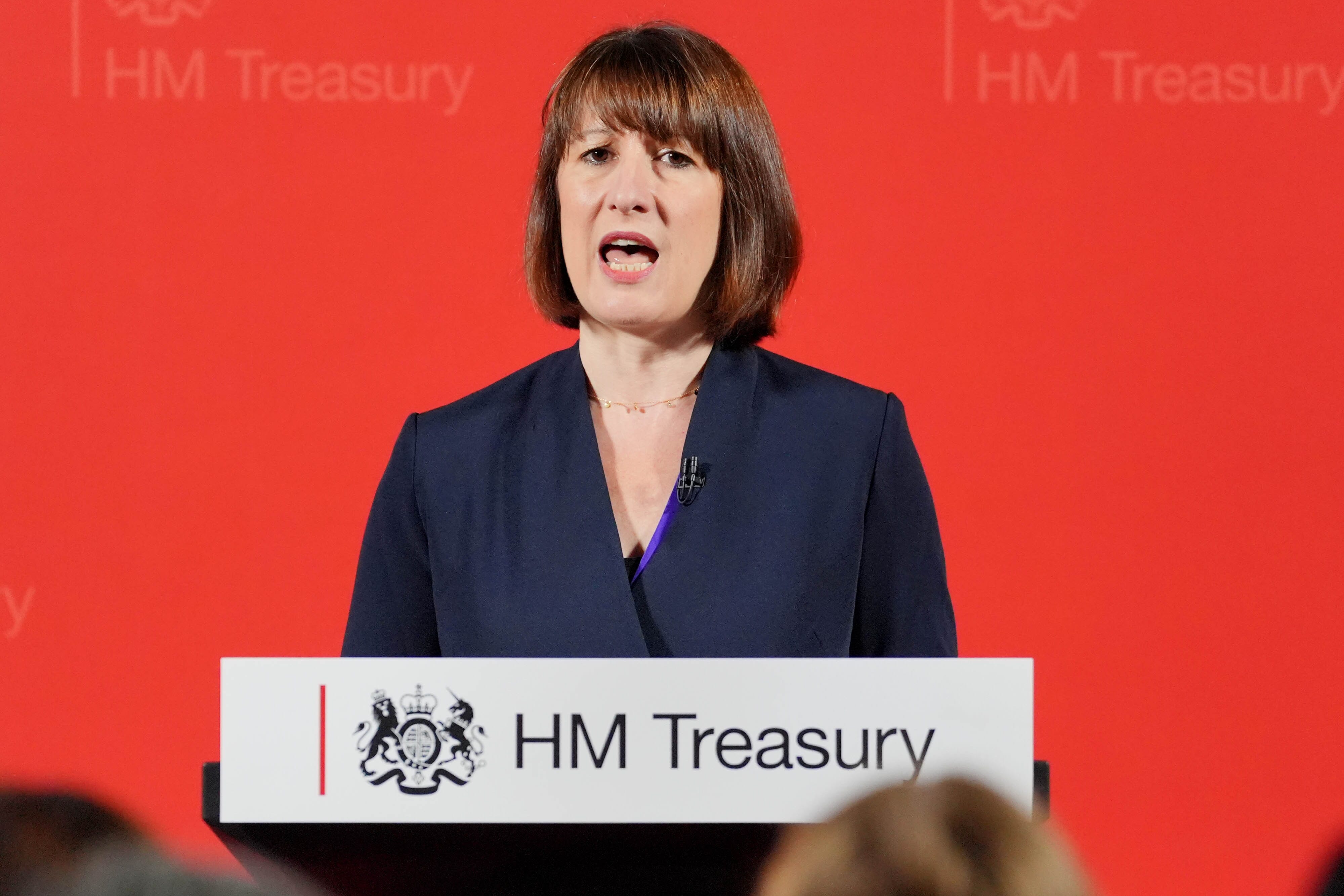Rachel Reeves under pressure to axe winter fuel cut after £10billion Bank of England windfall
The chancellor was handed more room for manoevre as a result of a Bank of England decision to slow the pace of its quantitative tightening programme
Your support helps us to tell the story
From reproductive rights to climate change to Big Tech, The Independent is on the ground when the story is developing. Whether it's investigating the financials of Elon Musk's pro-Trump PAC or producing our latest documentary, 'The A Word', which shines a light on the American women fighting for reproductive rights, we know how important it is to parse out the facts from the messaging.
At such a critical moment in US history, we need reporters on the ground. Your donation allows us to keep sending journalists to speak to both sides of the story.
The Independent is trusted by Americans across the entire political spectrum. And unlike many other quality news outlets, we choose not to lock Americans out of our reporting and analysis with paywalls. We believe quality journalism should be available to everyone, paid for by those who can afford it.
Your support makes all the difference.Rachel Reeves is under increasing pressure to scrap her plan to cut winter fuel payments for millions of pensioners after being handed a £10bn budget boost by the Bank of England (BoE).
The chancellor has been urged to use the extra cash to row back on the plans, which will come as part of a series of possible spending cuts and tax rises planned by Ms Reeves for the October Budget.
Ms Reeves was handed more room for manoevre as a result of a BoE decision to slow the pace of its quantitative tightening programme, which would reduce losses to the Treasury from bond sales.

It is expected to give her around £10billion worth of extra breathing space.
The decision to scrap winter fuel payments for all but the poorest pensioners would save an estimated £1.4 billion.
On Thursday, the prime minister reiterated that “tough decisions” were necessary to stabilise the economy and boost growth, pointing to decisions made by the previous government.
“The reason we are taking these difficult decisions is to stabilise the economy. That’s the purpose behind it”, Sir Keir told ITV.
“We’ve had a £22 billion black hole left by the last government. I can’t walk past that problem. We’ve got to take tough decisions to deal with it.”
But Rachael Maskell, Labour MP for York Central, said the chancellor should “absolutely” reconsider the decision to cut winter fuel payments in light of the extra breathing room, saying the money raised from the cut is just a “tiny proportion” of the £10billion wind fall.
She told The Times: “It’s a responsible decision if they have got additional funding.
“I think there are many demands, but this is most urgent to keep people safe this winter. We’ve got to do everything we can to keep people warm. I would welcome the government delaying so they can properly review this decision and put mitigations in place to keep people safe.”
But a Treasury source said: “The chancellor has said there will be difficult decisions across tax, welfare and spending at the budget. Nothing announced today changes that.”
The winter fuel payment is a payment of either £200 or £300 to help pensioners with their heating bills.
Thousands of pensioners could die if the government proceeds with its plan to cut the payments for those not on benefits, Labour’s own research has suggested.
Analysis published in 2017, when Sir Keir was in the Shadow Cabinet, warned that Conservative plans to cut the allowance for ten million pensioners would increase excess deaths by 3,850 that winter.
The proposal, put forward by Theresa May’s government, was dubbed the “single biggest attack on pensioners in a generation in our country”.
An HM Treasury spokesperson said: “Decisions regarding quantitative easing and tightening are rightly for the independent Bank of England’s Monetary Policy Committee.
“The overall gains or losses from the Asset Purchase Facility are highly uncertain and predominantly determined by interest rates and gilt prices. The OBR will make a full assessment at the October Budget.”
Join our commenting forum
Join thought-provoking conversations, follow other Independent readers and see their replies
0Comments